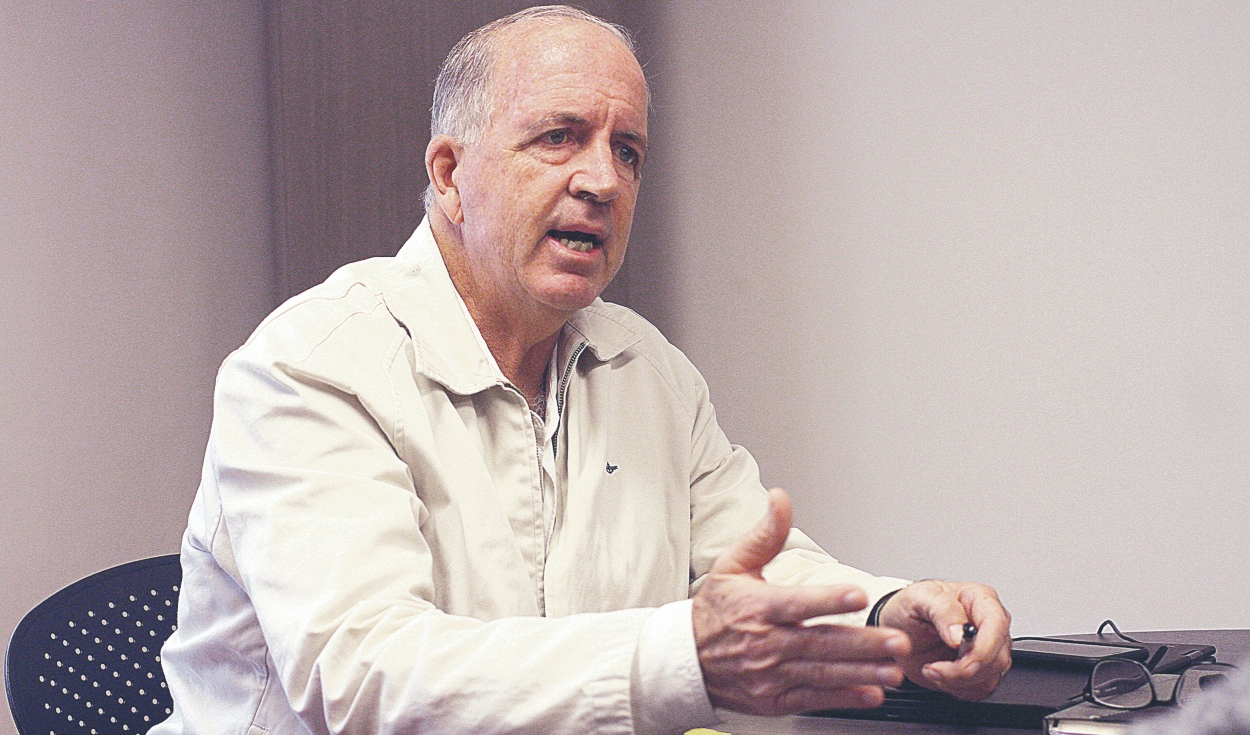
—Is more labor flexibility needed in agriculture?
–The new law already maintains flexibility in the sector. Yes, it increased the minimum wage, but the most competitive industries were well above that. So, the increase only managed to informalize those who were on the limit and prevented them from competing with the big ones, who were not affected.
—However, the Social Security contribution was recently reduced.
—It was something that had to be corrected. The minimum contribution from the company was one month, whether the worker came for one day or less than 30. So, during the harvest or pruning season, the worker could work one week in one company, the next week in another, and the sector ended. paying four or five months for one month of work. Essalud was rich there and it’s good that it provides good service, but it’s really terrible.
—Can’t the agro-export sector be provided with more job stability?
—Those who want absolute job stability have no idea what they are proposing. Agriculture is unviable in this way, it is impossible for a company to maintain the same workforce all year round. What can be done is to generate full employment, as in Ica, but through several companies, that is, a person who works in more than one and can earn up to three times as much. minimum salary. That seems bad to some, but hey, that’s life.
—Do you expect any additional exoneration?
—I don’t like laws by sector, but what they call the Chlimper law, repealed by Sagasti, was so good that I think it should be applied in all other sectors: 15% IR and more labor flexibility. That was the basis of the agrarian resurgence. What happened with agriculture would happen, so many investments would be generated that more would be raised and more employment would be generated.
—What was achieved with that law?
—Formalized more than a million farm workers; Salaries rose two to three times above the legal minimum wages and generated an agro-export boom of US$10 billion in 2023, which has not stopped growing.
—But the MEF is preparing new measures.
—The greatest difficulty of the year 2023 was called ‘climate’, it was not called ‘Government’. It was the Yaku and the hot winter that were most damaging to agriculture, more than the Government’s policies. What agriculture needs is water and roads, for me that is it and neither one nor the other is being done.
—Aren’t great works being announced?
—Majes, Alto Piura and Chinecas are still blocked. The only thing that is more or less certain is the Palo Redondo dam (Chavimochic III), which is missing the 100 km main canal, but I don’t see anything else and it seems very irresponsible to me to be announcing these projects. Very soon the real information will come out and this and the previous governments will backfire.
—What to do for agriculture, then?
—The sector has to continue growing in table grapes, blueberries, avocados, etc. But the great social debt is the Amazon and the mountains, I do believe that they deserve similar attention to what the coast had and I would give them top priority, through thousands of reservoirs and better routes. With that they would give us a great boost.
Source: Larepublica
Alia is a professional author and journalist, working at 247 news agency. She writes on various topics from economy news to general interest pieces, providing readers with relevant and informative content. With years of experience, she brings a unique perspective and in-depth analysis to her work.












